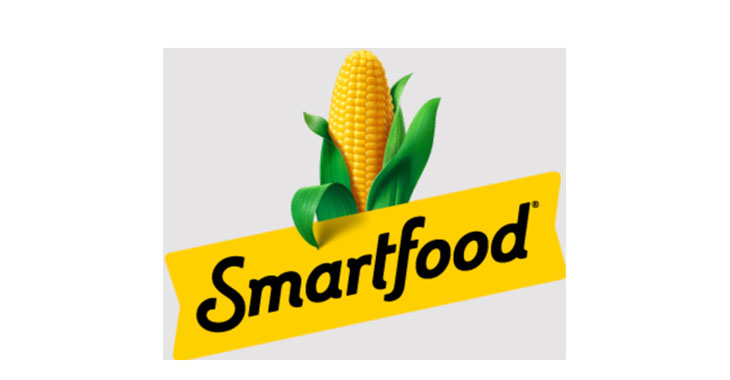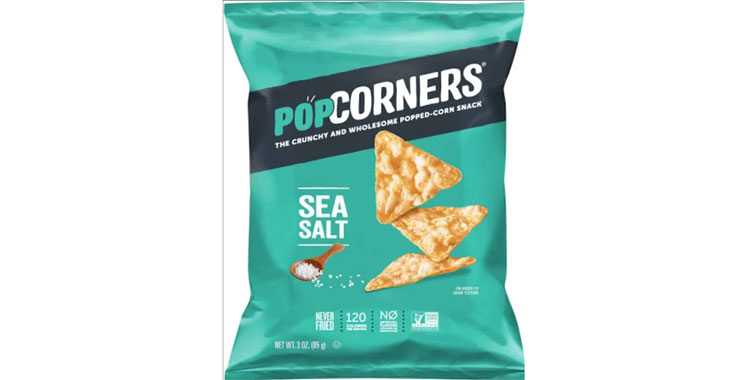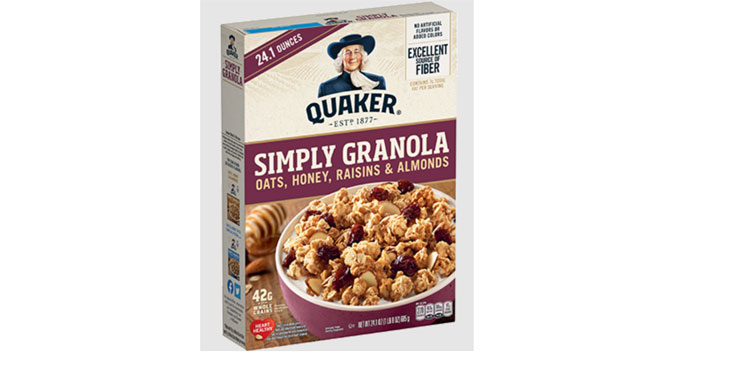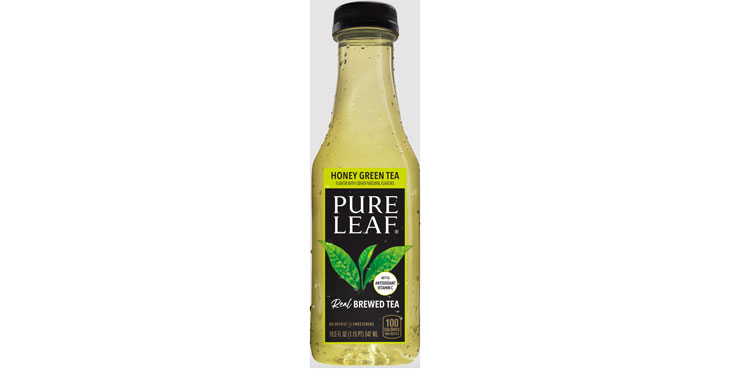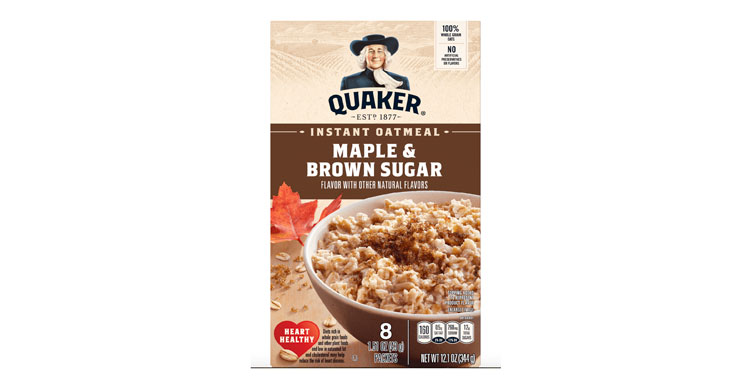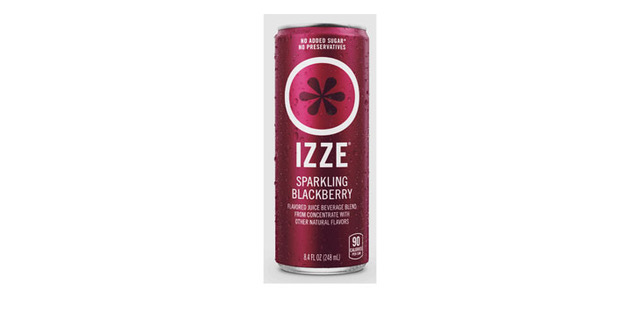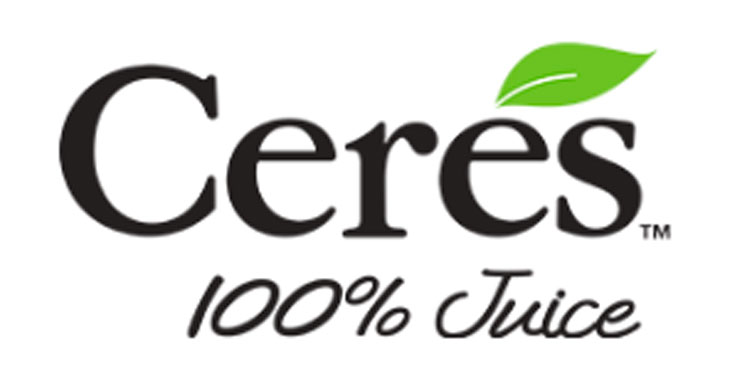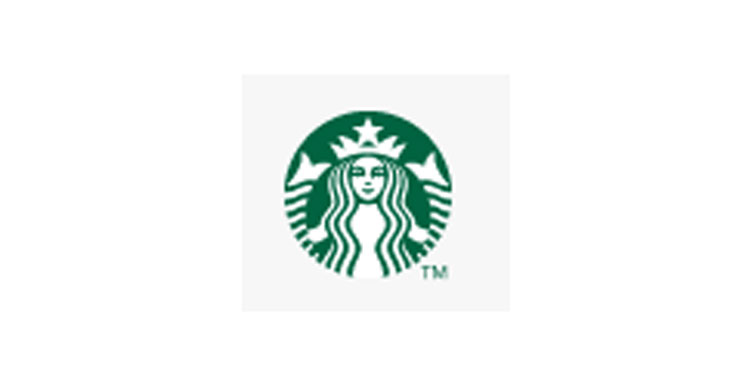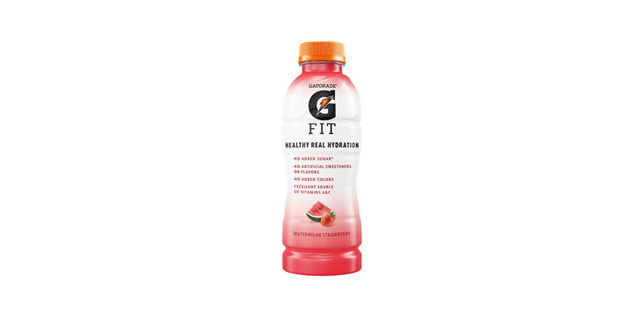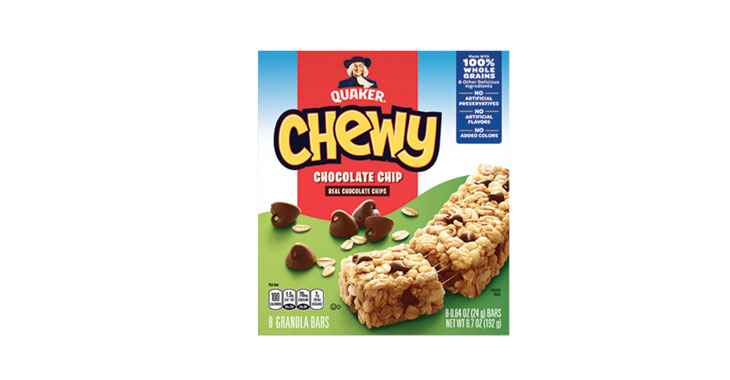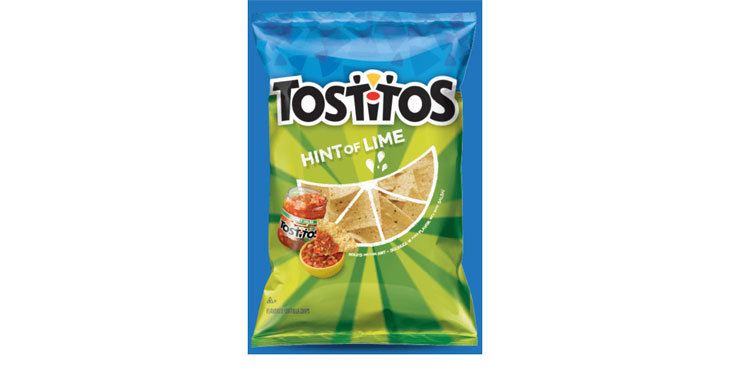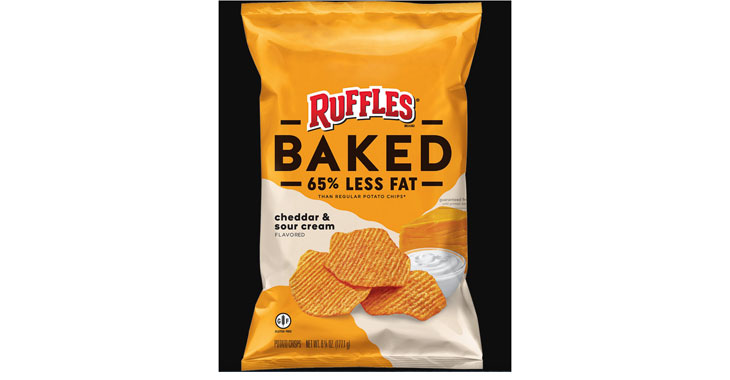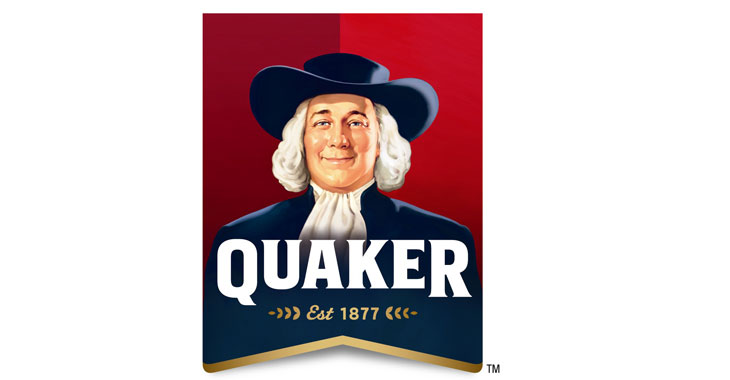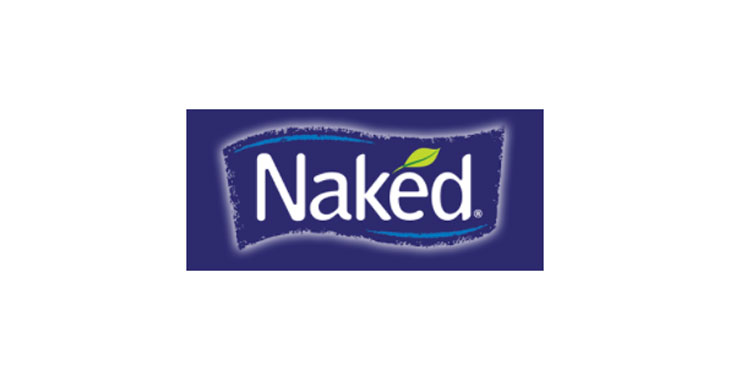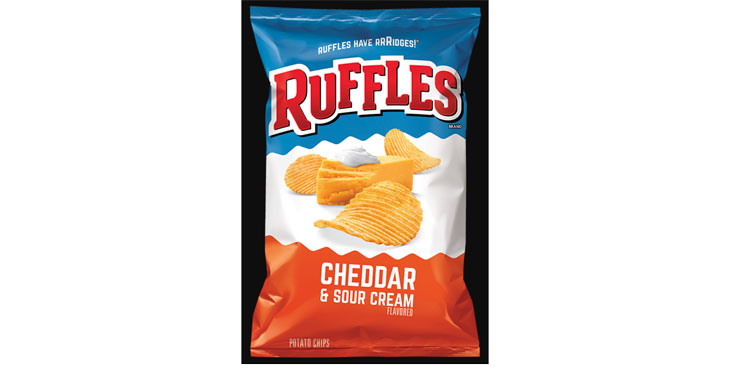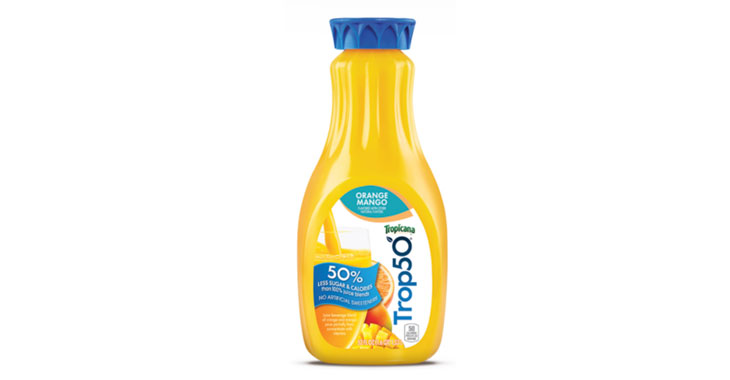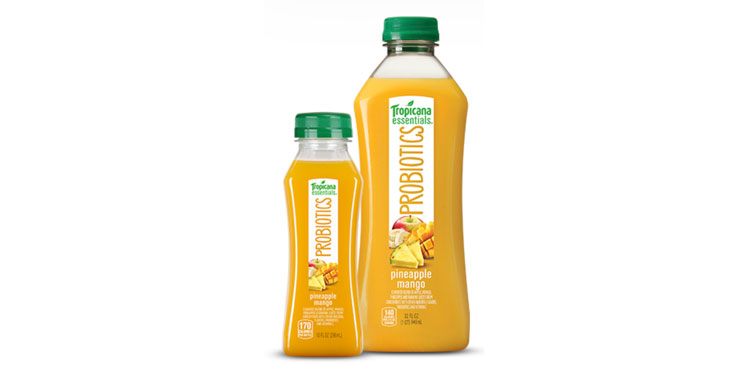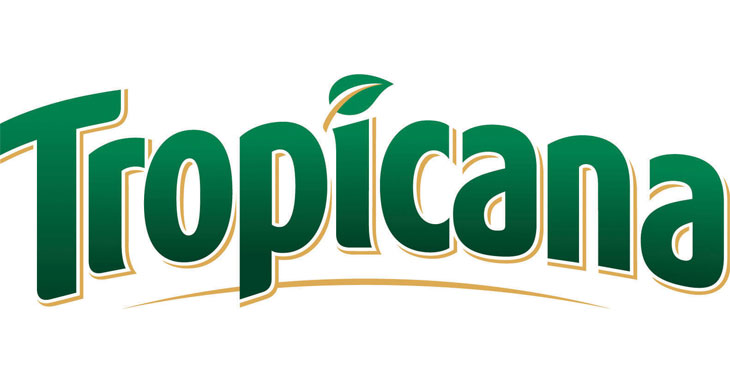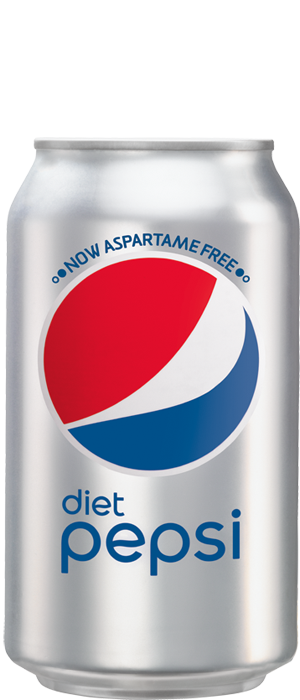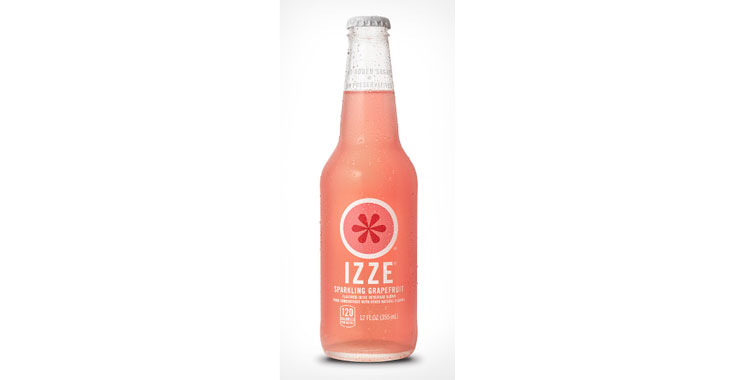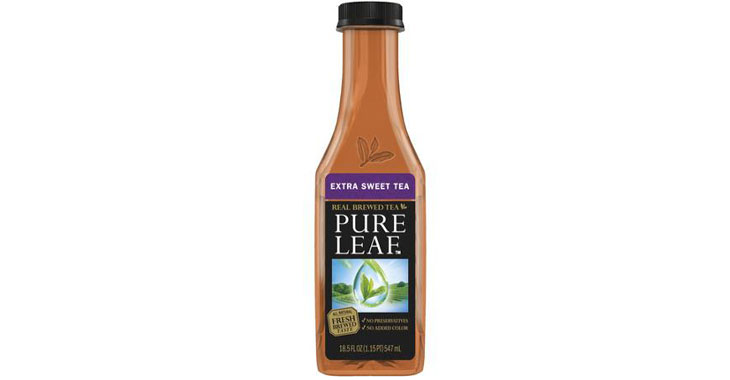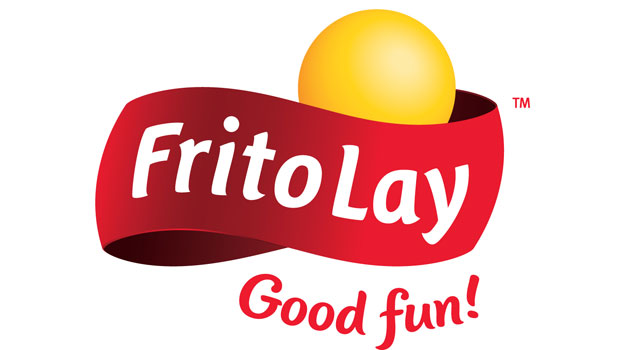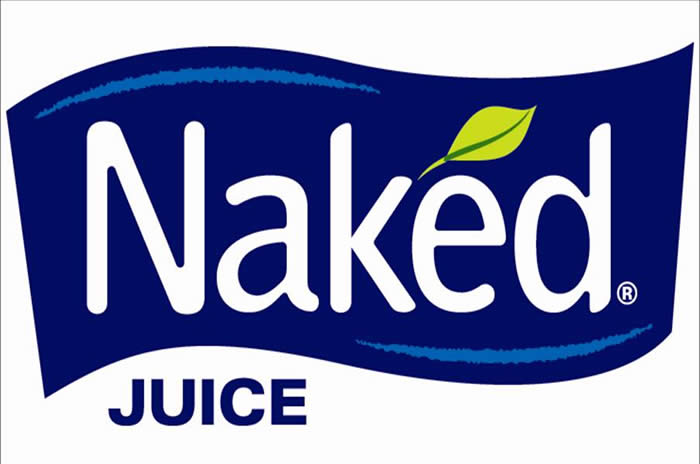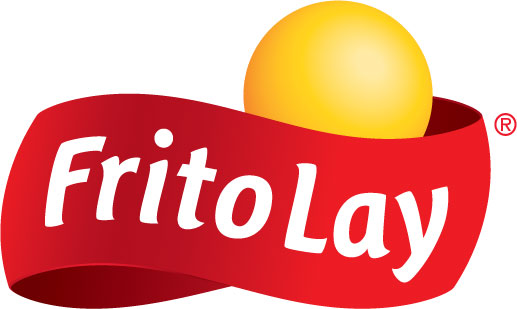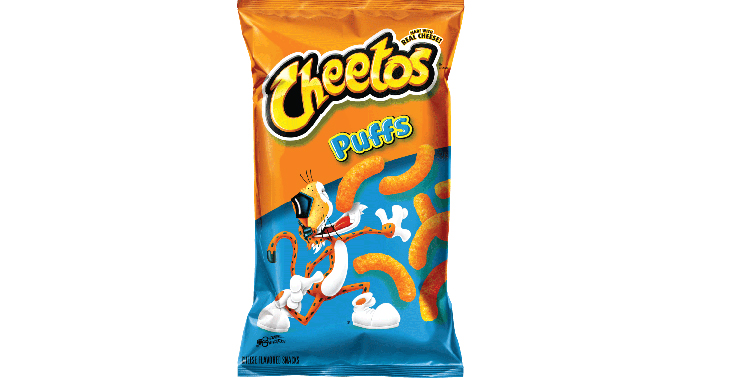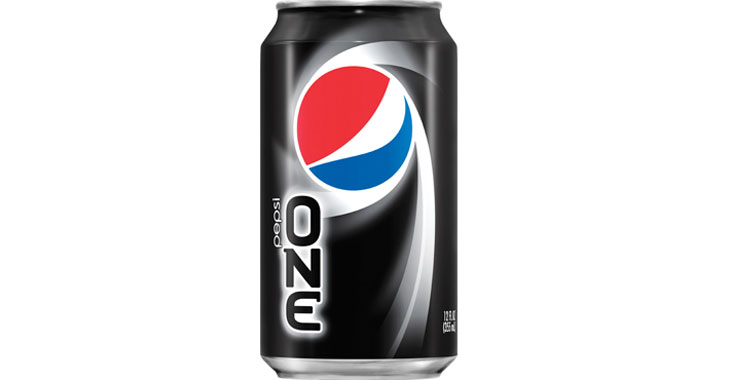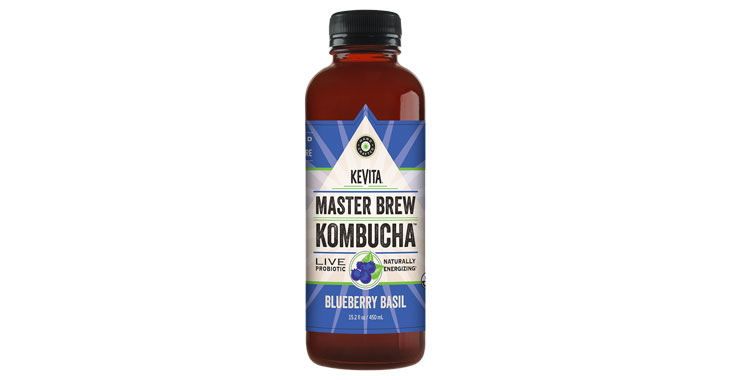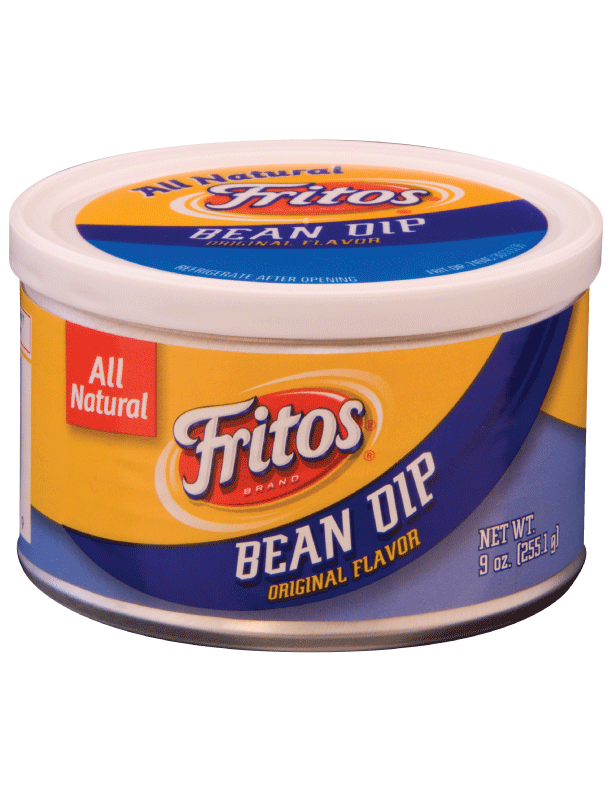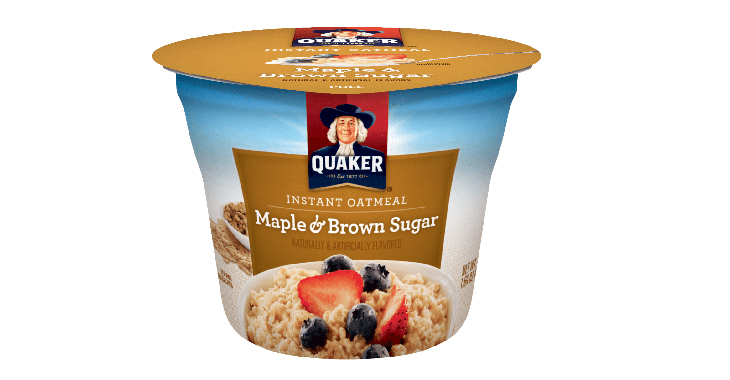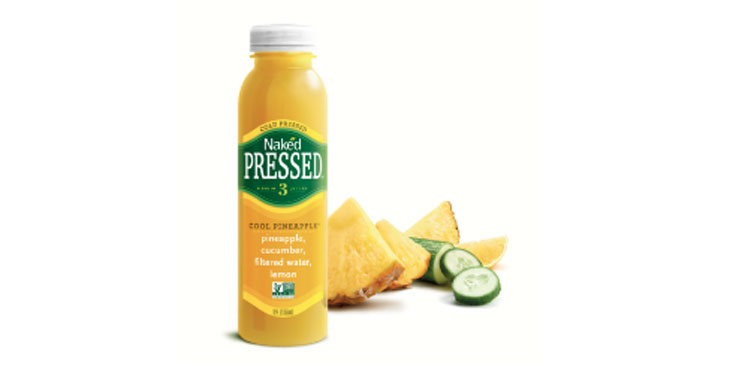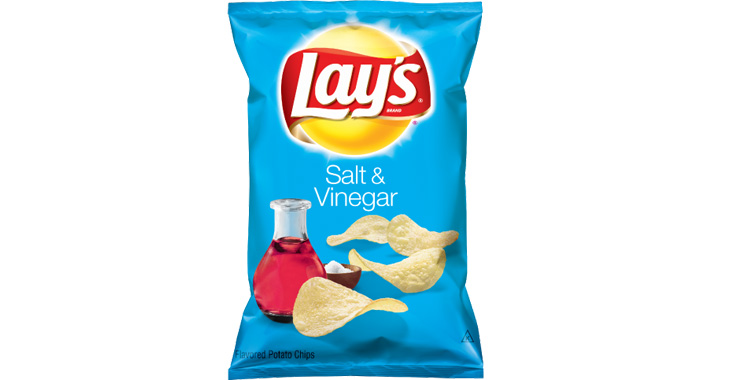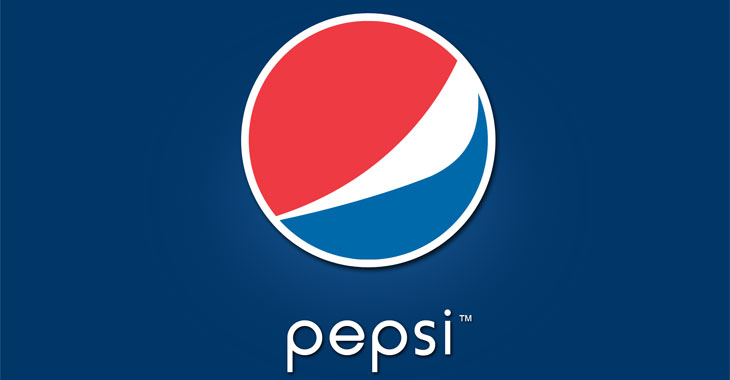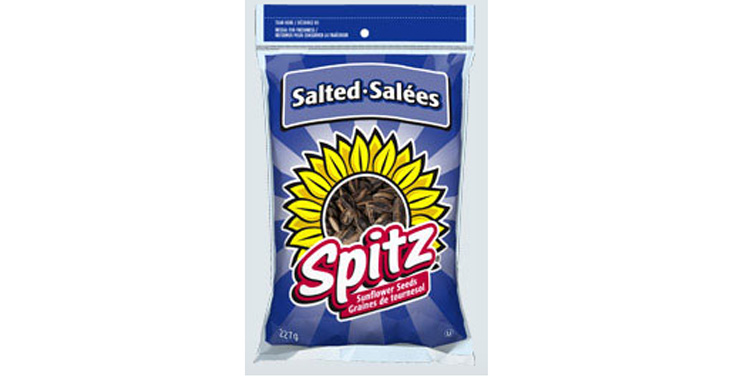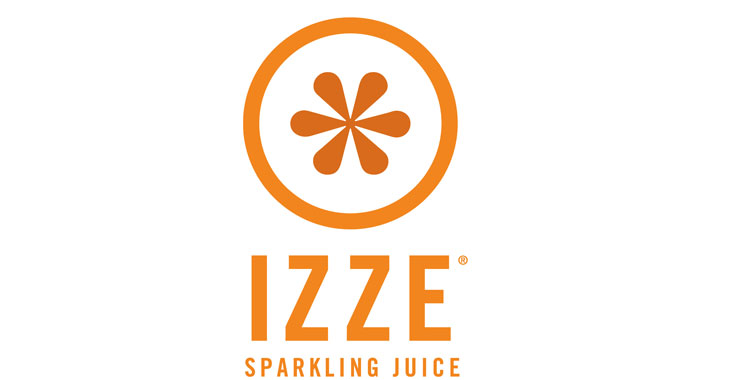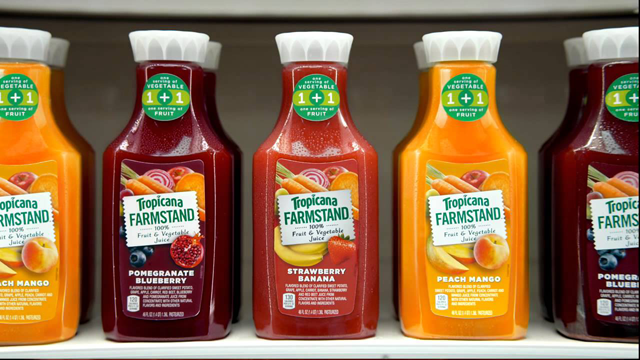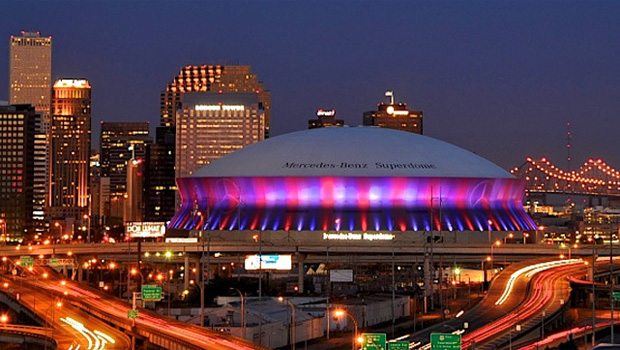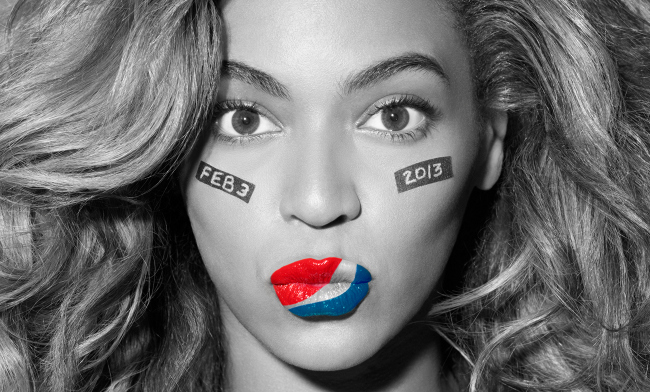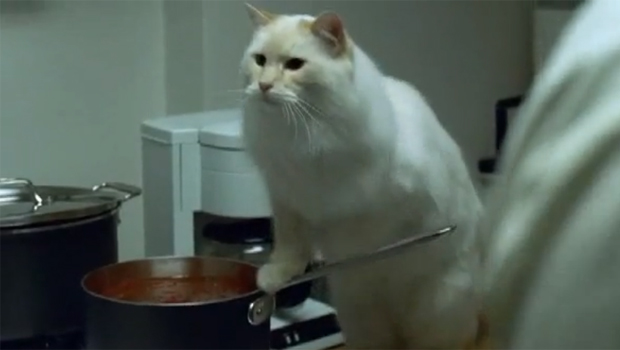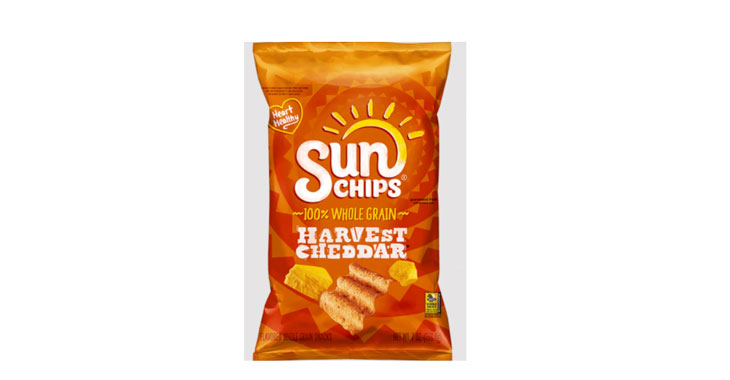
SunChips “100% Whole Grain” Claims
Allegations: Falsely marketing products as “100% Whole Grain”
June 2014: Both cases were consolidated with six related cases: Sciortino, Cortina, Granados, Ibusuki, Ree, Aourout, and Hall. To learn more about the status of the consolidated action, click here.
March 2014: Both cases were transferred to another California court. (Aourout, Case No. 14-cv-1105, N. D. CA. and Ree, Case No. 14-cv-1192, N. D. CA.)
Early 2014: Two more class-action lawsuits were filed against Pepsico, Inc. alleging that the company fails to tell consumers that Pepsi One contains a significant amount of the carcinogen 4-methylimidazole (4-MEI) and exposes consumers to health risks. To see the February 2014 complaint, click here. To see the March 2014 complaint, click here. (Aourout et al v. Pepsico, Inc., Case No. 14-cv-01105, C. D. CA. and Ree et al v. Pepsico, Inc., Case No. 14-cv-328, C. D. CA.).
For more information about other class action lawsuits regarding products that contain carcinogens and TINA.org’s coverage of the issue, click here.
For more information about other class action lawsuits filed against Pepsico and TINA.org’s coverage of the company, click here.
Allegations: Falsely marketing products as “100% Whole Grain”
Allegations: Falsely marketing products as containing natural ingredients and no artificial or preservative ingredients
Allegations: Deceptively using slack-filled packaging that is more than half empty
Allegations: Failing to disclose that products contain, or are at risk of containing, salmonella
Allegations: Falsely marketing products as “Brewed in USA”
Allegations: Falsely marketing products as containing no artificial flavors or preservatives
Allegations: Failing to disclose that products contain a dangerous pesticide
Allegations: Marketing products as high quality and beneficial to health without disclosing that they contain, or are at risk of containing, a harmful bacteria
Allegations: Falsely marketing juices as containing “no preservatives”
Allegations: Misleadingly marketing products as “100% Juice Blend[s]” that contain “No Preservatives”
Allegations: Misleadingly representing that cocoa has been harvested following ethical and environmentally responsible standards
Allegations: Misleadingly marketing beverages as “Real Healthy Hydration,” having “No Sugar Added,” and being an “Excellent Source of Vitamin A & C” without meeting the FDA’s requirements to make such…
Allegations: Falsely marketing products as if the only ingredients are the ones shown on the front label
Allegations: Falsely advertising products as having “No Artificial Preservatives”
Allegations: Misleadingly marketing that lime is a flavoring ingredient in the chips when the ingredients list reveals the chips do not contain any limes and the flavor comes from unspecified…
Allegations: Misleadingly marketing that sour cream is a flavoring ingredient when the sour cream flavor comes from an artificial ingredient
Tropicana claimed in a television ad that “if you want the world’s best fruit and vegetable juice, look in the cooler” as a shelf collapsed to reveal a presumably more-stable…
Super Bowl commercials appear in places you might not think of.
From cars to pizza, companies are increasingly finding ways to involve consumers in game day commercials.
These adorable fur balls help sell products, but are the companies free of false or deceptive marketing claims?
More than 70 percent of advertisers who announced they are running commercials in this year’s Super Bowl have been accused of false or deceptive advertising.
